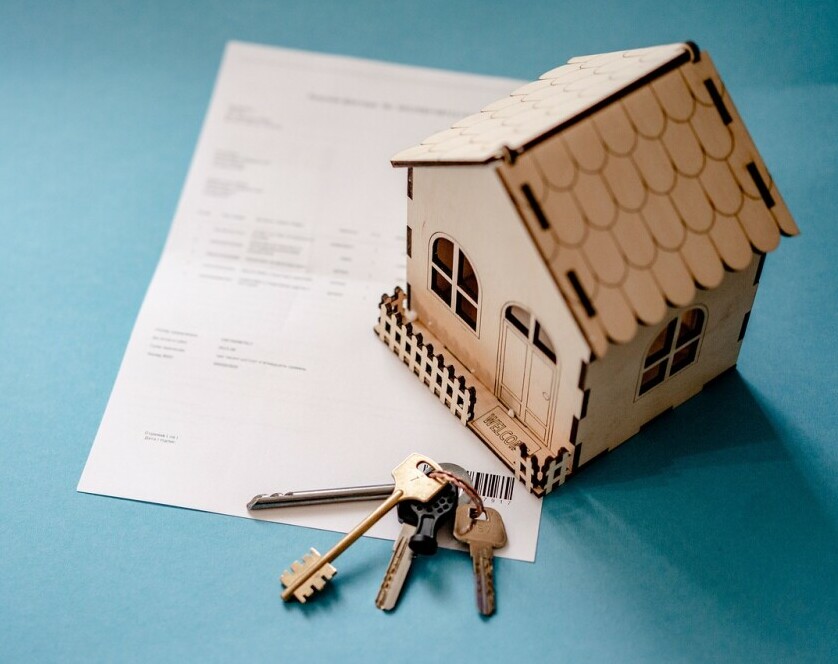Property taxes in Minnesota can seem like a bit of a maze if you’re new to it. Essentially, they’re taxes levied on real estate by the local government, and these are used to fund public services like schools, roads, and emergency services. Makes sense, right? Your property tax bucks help keep your community running smoothly.
Minnesota structures its property taxes with a mix of state guidelines and local input, and that’s where it gets a tad complex. Each county assesses values differently and sets rates based on local budgets. What you pay directly ties back to the value of your property as valued by the county assessor. Recent law adjustments can change what you owe, too, so it’s good to stay updated with any shifts in legislation.
So, what happens behind the scenes? Each year, county assessors pick the value of your home—think of them as your home’s report card grader. They figure things out like market trends and the specifics of your property. Then this assessed value gets multiplied by the tax rate to determine what you owe. It’s all a balancing act between state mandates and county needs. If laws change, like any new tax credits or shifts in local budgets, that can shake things up a bit. Keep an ear out for these changes to avoid surprises.
In Minnesota, having an understanding of property taxes isn’t just useful—it’s key to managing your financial planning, especially if you’re a homeowner. It’s all about getting cozy with how things work and staying in the know about any tweaks that might affect your bill.
Determining Your Property’s Taxable Value
So, you’ve got to understand how the value of your home—what the tax folks call the ‘taxable value’—comes into play with property taxes in Minnesota. It’s not just about what your house might sell for in today’s market. That number, the market value, is just the starting point.
The county assessor’s role here is crucial. They take that market value and adjust it to come up with the ‘assessed value.’ Imagine it like your property’s financial snapshot. This number directly affects how much you’re paying in taxes.
But hold your horses, because not every dollar of your property’s value gets taxed. Minnesota offers several property tax exemptions that can trim down what you owe. For instance, there’s the Homestead Exemption, which can lower the assessed value if the home is your primary residence.
Every exemption you qualify for reduces your taxable value, so it pays to know what’s out there. Regularly checking in with local resources or your assessor’s office can track any changes or see if there are any new exemptions you can tap into.
Understanding these differences not only helps you prepare for that tax bill better but might even give you ideas on ways to bring those numbers down legally. A bit of knowledge can go a long way in saving you some cash.
Property Tax Rates and What They Mean for You
When it comes to understanding property tax rates in Minnesota, it’s not just a single percentage slapped onto your house’s value. The rates are a combination of multiple local and state components, and these vary depending on where you live. Your location in Minnesota largely dictates the rate, as local governments tweak what they need based on budget requirements.
So, how do you figure out the rate? You’re gonna want a calculator for this. To get your total tax bill, you take the taxable value of your property, multiply it by the local tax rate, and boom—that’s your property tax. This rate might fluctuate based on what’s happening in your community, like projects to improve schools, infrastructure, or emergency services.
But there’s more at play. School districts, city projects, and even the county’s annual budget needs can cause your rate to rise or fall. If the local government decides schools need more funding this year, your bill might look a little higher.
Understanding the property tax rate allows you to see where your money’s headed and why it might change year over year. Knowing this gives you some foresight into budgeting your finances better. It also explains those letters you get from the county with new tax rates—they’re not just for decoration on your fridge.
How to Appeal Your Property Tax Assessment
Getting that property tax assessment in the mail can sometimes be a shocker, especially if the number looks way off from what you expected. But don’t worry, you’ve got options if you feel it’s not fair. One of the most important steps is knowing when and how to appeal.
Reasons for an appeal can vary. Maybe the assessor didn’t fully account for your property’s condition or perhaps there have been changes in the neighborhood that weren’t considered. If you think there’s been a mistake or oversight, that’s the green light to start the appeal process.
The appeal process in Minnesota is pretty structured. Start by collecting evidence that supports your case—recent sales of similar properties or documentation of your property’s issues. Armed with this evidence, your first stop should be an informal meeting with the assessor to see if you can resolve things without going formal.
If that doesn’t work out, Minnesota provides a more formal route through a local Board of Appeal and Equalization or even a state-level tax court. For these, you’ll want all your ducks in a row, meaning comprehensive documentation and maybe even professional appraisal to back you up.
Preparation is your friend here. Gather all the facts about your property, compare it with others in your area, and don’t hesitate to reach out to professionals like tax advisors or appraisers if needed. This way, you make sure your assessment truly reflects your property’s fair value.
Property Tax Relief Programs Available in Minnesota
Minnesota has a few tricks up its sleeve when it comes to easing the burden of property taxes, and knowing about these relief programs can save you some dough. Several state-funded programs are designed to help out those who qualify, especially if your property taxes suddenly feel like they’re eating more of your paycheck than you remember.
One standout program is the Homestead Credit Refund. It’s a popular one that provides a tax refund based on your income and the amount you’ve paid in property taxes. If you own and occupy your home, this could put a nice little chunk of change back in your bank account each year.
For the senior members of our community, there’s the Senior Citizens’ Property Tax Deferral Program. This one lets seniors defer a portion of their property taxes, paying only 3% of their total household income towards them, which can be a big relief if you’re on a fixed income.
Income-based property tax refunds are also available. If you’re earning less than a certain amount, there’s a chance you could see some of what you’ve paid returned to you. Keeping tabs on the eligibility requirements each year ensures you don’t miss out on available aid.
Navigating these programs might seem overwhelming, but most applications are straightforward. Checking eligibility early and applying timely is key. And if you ever hit a snag, reaching out to the Minnesota Department of Revenue or a local tax advisor can clear up the muddy parts quickly.
When Property Taxes Go Unpaid: Consequences and Solutions
Missing a property tax payment in Minnesota can lead to a cascade of penalties that you don’t want to face. The first thing to be aware of is that unpaid taxes accrue interest and this can add up quickly. It’s crucial to understand those deadlines and act before additional charges start piling up.
If overdue property taxes aren’t settled, it could eventually lead to tax forfeiture. That’s where the state can take ownership of your property, auctioning it off to recover what’s owed. This is every homeowner’s worst-case scenario, so it’s vital to address unpaid taxes early on.
Before things get too out of hand, exploring payment plan options is wise. Many counties in Minnesota offer ways to make paying easier through installment plans. Reaching out to your county’s tax office can get the ball rolling. This doesn’t erase the debt but can help you manage it in more digestible chunks.
If you’re finding it tough to manage those tax payments, connecting with a financial advisor could provide some perspective on organizing your finances more effectively. They can also identify if you qualify for any relief programs that might ease your financial load. Actively seeking solutions shows the county that you’re making efforts to pay, which can work in your favor when requesting payment plan terms.
Tips for Managing Your Minnesota Property Taxes Wisely
Getting a handle on property taxes in Minnesota is more about strategy than anything else. It all starts with budgeting. Setting aside a bit each month for your annual property tax bill can help offset the shock when that statement arrives. Even small contributions stack up over time.
Consider diving into the world of professional help. A tax advisor or accountant familiar with Minnesota property taxes can be an invaluable asset. They know the ins and outs of exemptions and relief programs you might qualify for, making sure you’re not leaving money on the table.
Thinking long-term is another game-changer. Staying updated on property tax law changes and reassessment periods gives you a sense of where your tax bill might head. Plus, it preps you for any appeals or adjustments you might need to make when those changes happen.
Investing in your property wisely can also have positive tax implications. Certain home improvements might increase your property’s value, but they can also qualify for exemptions or credits depending on state incentives. Before any renovation, checking what might benefit your tax scenario helps keep things balanced.
All these steps align to give you peace of mind. By understanding and planning for your Minnesota property taxes proactively, you can minimize disruption to your finances and ensure you’re making the most of what state and local resources offer.


